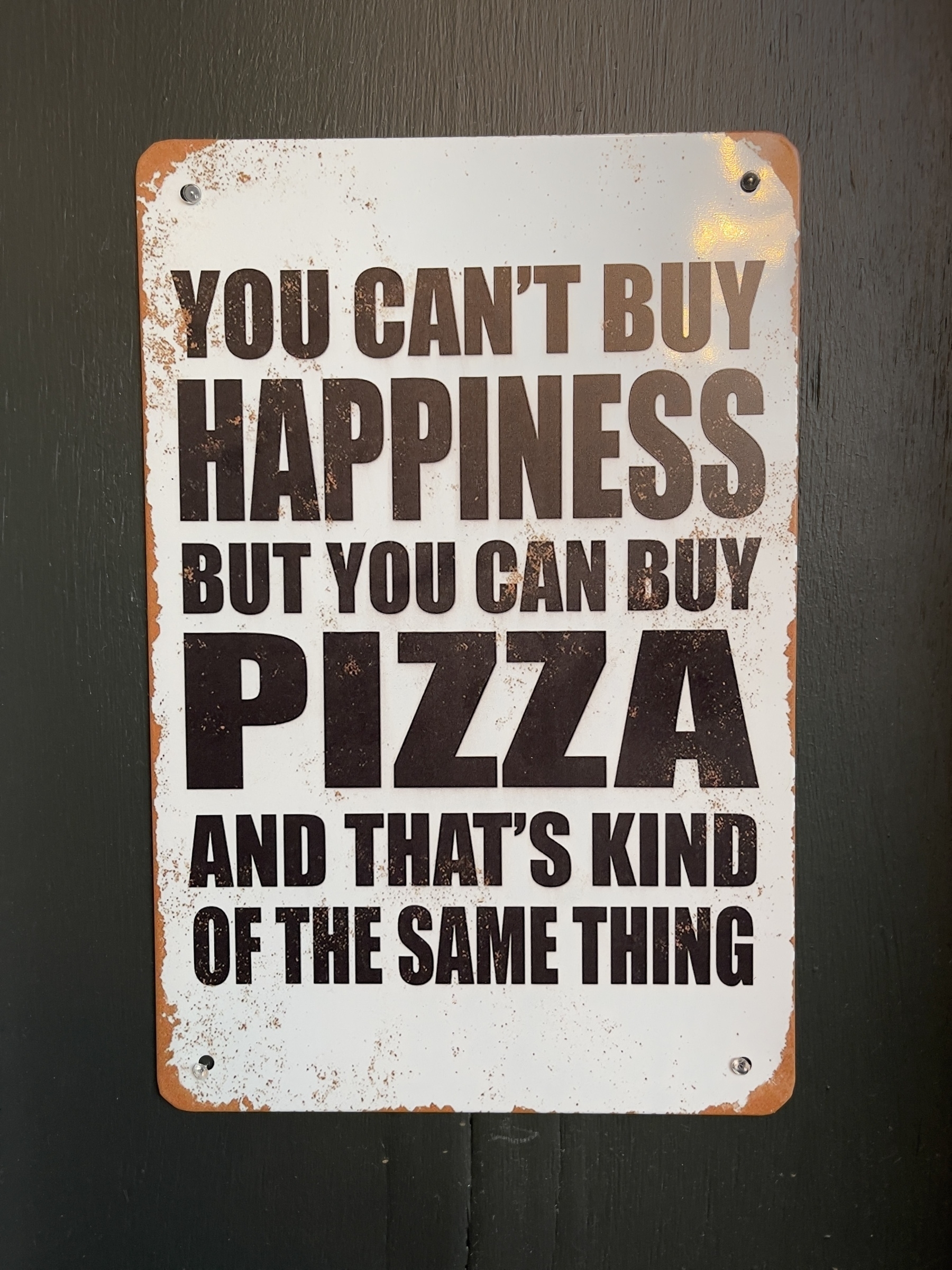
Read: Reclaiming the Sacred by Jeff Golden 📚
I forget how I came across this book, I think it was through a review in a local publication. The author, Jeff Golden, lives in Beacon, NY, where I live. I have never run across him in all the years I’ve lived here, but hey, there are 20K people in this small city so there are a lot of people I have never run across. This and the word sacred in the title along with a review that made it seem compelling (I assume, as I don’t remember what it had to say) led me to purchase the book.
The book is/was very compelling to me. It did two important things. Develop a well supported argument that money and happiness are not closely correlated beyond having enough for basic needs and then a little more to make life comfortable. What was astonishing is that the amounts needed are pretty minimal relative to most peoples income expectations and aspirations in the United States. It also developed the argument that capitalism is violence on almost any level you care to look at it. Reading through the support for this argument is a depressing litany of violence against humanity, our fellow animal travelers and the planet.
The book has a third leg, or perhaps one might say a trunk that the author believes could support a better way of engaging the planet and one another, and that is a concept of the sacred. His belief appears to be that the universe and everything in it is sacred and that we have been misdirected away from that truth by our engagement in a materialist, capitalist way of organizing society. The author tells us we urgently need to reacquaint ourselves with the sacred and reclaim it. It seems a full third of the book is devoted to enticing the reader back to the sacred trunk of all life.
I agree with the author that we need a renewed appreciation of the value of the sacred, but my point of view is that it is not a fundamental quality of the universe except as manifested through intelligent beings, in our case, humanity. Mine is a humanist view of the sacred achieved by and through human beings. The sacred is something that must be cultivated. The problem with my view is that what is sacred for one culture is not sacred for another. The sacred exists in capitalism, but it is money, it is material things, it is growth and production. It is easy to turn down a wrong branch and arrive at the world we have in front of us today. On the other hand, the idea that the sacred is a fundamental quality of the universe is belied by the facts on the ground. Think capitalism. Think the war in Ukraine. Think the destruction of the planet which would strike me as impossible if the sacred were a fundamental quality, like the fundamental particles in physics, which is the the concept I get from the author. A quality that we have only to wake up to if we want to save ourselves.
In the end, the author’s exhortations to rediscover the sacred in myself, the planet and the universe becomes a little too new age, a little to utopian for me. However, I am not sure it matters how we return to a relationship with the world that is centered on the quality of the sacred, we just need to get there.
I highly recommend the book for the clarity and thoroughness of its important arguments and revelations about happiness, capitalism and materialism and for its belief in the sacred as a way forward.
